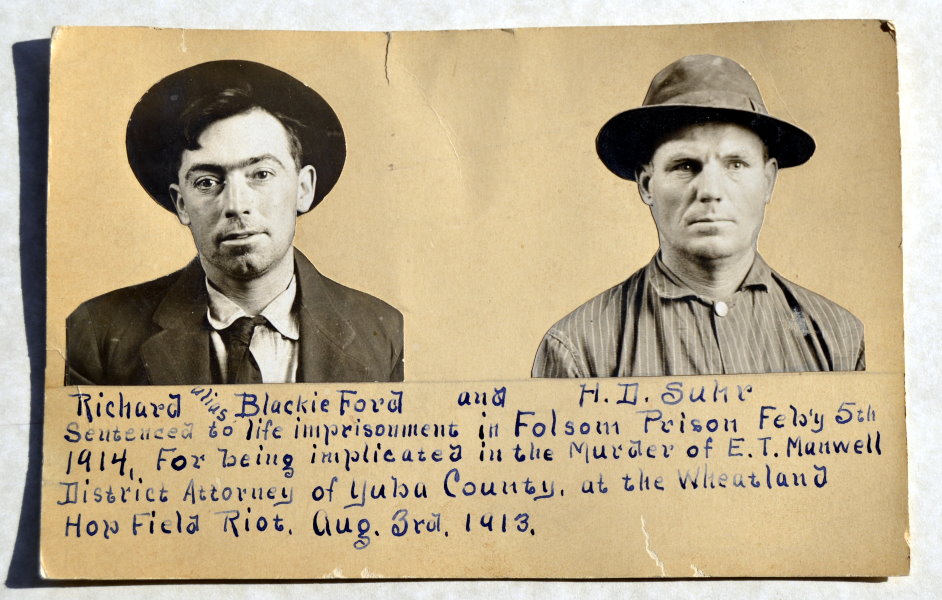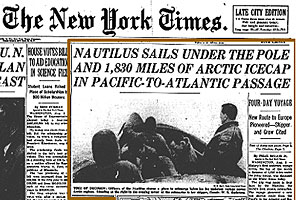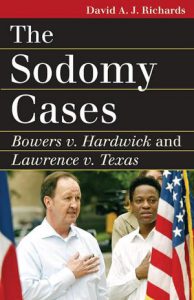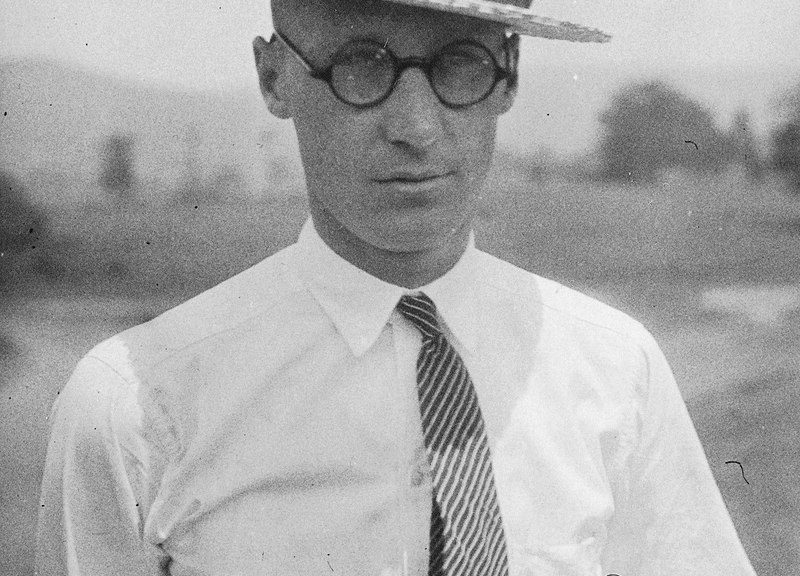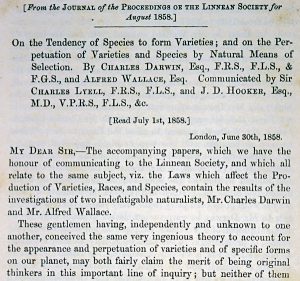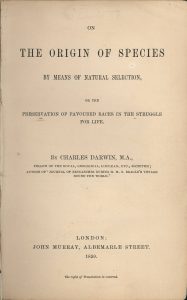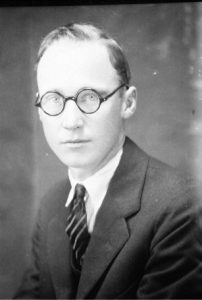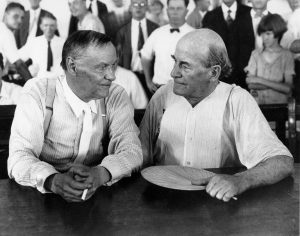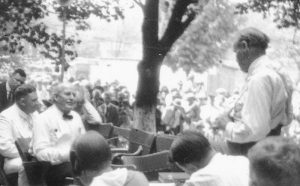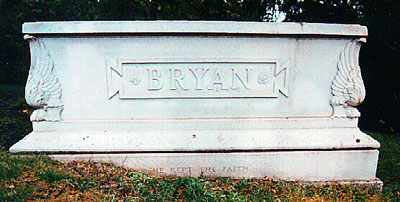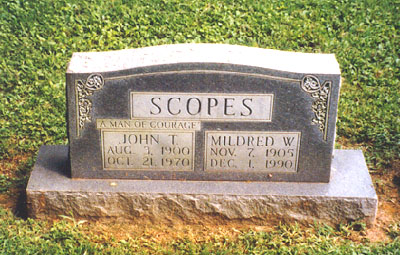August 3 Peace Love Art Activism
Immigration History
August 3, 1882: Congress passed a law regulating immigration. Under the statute, state-run boards under contract to the US Secretary of the Treasury were to inspect immigrants according to rules that were uniform in all ports. Boards were prohibited from admitting any immigrant found to be a “convict, lunatic, idiot or any person unable to take care of him or herself without becoming a public charge.” (see January 1, 1892)
DACA
August 3, 2018: a U.S. District Court Judge John D. Bates in the District of Columbia ruled that the Obama-era program offering temporary protected status to a cohort of immigrants brought here illegally as children must remain in place despite efforts by the Trump administration to dismantle it.
Bates excoriated Homeland Security Secretary Kirstjen Nielsen’s arguments to end the program known as Deferred Action for Childhood Arrivals (DACA).
” … The Nielsen Memo offers nothing even remotely approaching a considered legal assessment that this Court could subject to judicial review,” Bates wrote. He added, later, “The Nielsen Memo demonstrates no true cognizance of the serious reliance interests at issue here — indeed, it does not even identify what those interests are … ”
However, he ruled that the administration would have until August 23 to appeal the decision before the order to reanimate the program and allow new applications goes into effect. [NBC News story] (next IH, see Aug 16; next DACA, see Aug 31)
August 3 Peace Love Art Activism
US Labor History
Richie “Blackie” Ford
August 3, 1913: fighting broke out when sheriff’s deputies attempted to arrest Wobbly leader Richie “Blackie” Ford as he addressed striking field workers at the Durst Ranch in Wheatland, Calif. Four persons died, including the local district attorney, a deputy and two workers. Despite the lack of evidence against them, Ford and another strike leader were found guilty of murder by a 12-member jury that included eight farmers (see Sept 23)
Philadelphia Transportation Company strike
August 3, 1944: the third day of the strike, President Roosevelt authorized the War Department to take control of the Philadelphia Transportation Company . Two days later, 5000 United States Army troops moved into Philadelphia to prevent uprisings and protect PTC employees who crossed the picket line. Despite the military presence, the strike sparked thirteen acts of racial violence, including several non-fatal shootings.
After more than a week, the strike ended and PTC employees returned to work after being threatened with termination, loss of draft deferments, and ineligibility for unemployment benefits. By September 1944, the PTC’s first black trolley drivers were on duty. [Temple U article] (see January 8, 1945)
Air controllers strike
August 3, 1981: some 15,000 air traffic controllers strike. President Reagan threatened to fire any who do not return to work within 48 hours, saying they “have forfeited their jobs” if they do not. Most stay out. [Politico article] (see Aug 5)
August 3 Peace Love Art Activism
FREE SPEECH
August 3, 1922: John Sumner, head of the New York Society for the Suppression of Vice, announced plans for a committee representing publishers and authors that would screen all literary manuscripts to ensure they were not immoral. The Authors League supported this voluntary censorship idea. The leaders were concerned that sexually oriented and other immoral works were bringing the book industry into “disrepute.” It was suggested that the effort would be led by a prominent “proconsul,” such as Will Hays, then the head to the movie industry’s self-censorship effort or Judge Kenesaw Mountain Landis, who was famous for his actions regarding the 1919 “Black Sox” scandal in professional baseball. The self-censorship idea never came to fruition, however. (see Aug 12)
August 3 Peace Love Art Activism
The Red Scare
August 3, 1948: after being a Communist Party USA member and Soviet spy, Whittaker Chambers later renounced communism and became an outspoken opponent. Chambers testified before the House Un-American Activities Committee, naming Alger Hiss—an important figure in Franklin Roosevelt’s State Department—as a Communist agent. [1961 NYT obit] (see August 5, 1948)
Technological Milestone
August 3, 1958: the U.S. nuclear submarine Nautilus accomplished the first undersea voyage to the geographic North Pole. The world’s first nuclear submarine, the Nautilus dived at Point Barrow, Alaska, and traveled nearly 1,000 miles under the Arctic ice cap to reach the top of the world. It then steamed on to Iceland, pioneering a new and shorter route from the Pacific to the Atlantic and Europe. [Nautilus dot org article] (see December 10, 1959)
August 3 Peace Love Art Activism
INDEPENDENCE DAY
August 3, 1960: Niger independent from France. [SAHO article] (see ID for the many nations that became independent in the 1960s)
August 3 Peace Love Art Activism
August 3 Music et al
Dylan/Baez
August 3, 1963: Dylan and Joan Baez, a couple, begin a tour together. She is the headline name, but Dylan is the star. The tour provided a huge boost to Dylan’s career.
That same summer, manager Albert Grossman bought a house in Bearsville, NY near Woodstock. He converted space above the barn as a guest room for Dylan. Both he and Baez will be frequent visitors. (see Aug 17)
Cavern Club
August 3, 1963, The Beatles performed at The Cavern Club for the final time. (see Sept 16)
So Much In Love
August 3 – 9, 1963, “So Much In Love” by The Tymes #1 on the Billboard Hot 100.
see Newport Pop Festival for more
August 3 & 4, 1968 – The first Newport Pop Festival started at the Orange County Fairgrounds in Costa Mesa, California. It is believed to have been the first pop music concert attended by more than 100,000 paying concertgoers.
Doors
August 3 – 16, 1968: “”Hello, I Love You” by the Doors #1 on the Billboard Hot 100.
Bumpy Road to Bethel
August 3, 1969: from Dale Bell’s book Woodstock (quoting John Roberts): “Over the course of the spring and summer we had gone to several meetings with film makers like Pennebaker and the Maysles Brothers, and they had all expressed interest in making our movie. But talks had languished and then died when it became clear that we would have to finance their efforts ourselves. Bob Maurice and Mike Wadleigh had been latecomers to this process. I had seen some of Wadleigh’s work and thought it to be original and clever, but noting I had seen altered my fundamental view that financing a documentary was a sane use of my vanishing resources.
Sunday, August 3rd, 1969 was turning into another typical day at the office. …Around noon I decided to take a break and go someplace where the phones wouldn’t ring with Woodstock problems. I walked down to my dad’s apartment in mid-town. …The phone rang. It was Bob Maurice. …I said “What’s on your mind?” “About 90 grand,” he said. “That’s what it will take for you to own this movie.” I lectured him patiently on the economics of documentaries, concluding with a polite but firm refusal. “You’ll have to get it somewhere else, Bob, I’m pretty much tapped.
“…a week later…” (film, see Aug 10)
Elliot Tiber
August 3, 2016: Elliot Tiber died in Boca Raton, Fla. from complications of a stroke. Tiber had helped introduce Woodstock Ventures to the Bethel area when he found out that Wallkill had kicked out the festival. (NYT obit) (see Chronology for expanded Woodstock story)
August 3 Peace Love Art Activism
Vietnam
Torching peasant homes
August 3, 1965: CBS-TV news showed pictures of men from the First Battalion, Ninth Marines setting fire to huts in the village of Cam Na, six miles west of Da Nang, despite reports that the Viet Cong (aka, National Liberation Front) had already fled the area. The film report sparked indignation and condemnation of the U.S. policy in Vietnam both at home and overseas. At the same time, the Department of Defense announced that it was increasing the monthly draft call from 17,000 in August to 27,400 in September and 36,000 in October. It also announced that the Navy would require 4,600 draftees, the first such action since 1956. (see Aug 12)
Troop increase
August 3, 1967: after weeks of internal discussions and disagreements, President Johnson agreed to send 45,000 to 50,000 troops to Vietnam which would bring up the total there to 525,000 by mid-1968. He also agreed to activate Reserve units, but kept them state-side fearing increased war protests. (see Aug 4)
August 3 Peace Love Art Activism
BLACK HISTORY
Jersey City
August 3, 1964: local Black leaders presented Jersey City Mayor Whelan with a list of demands: accessible recreational areas for black youth; more black police officers; and better living conditions. NAACP and CORE leaders urged city officials to consider the demands, but Mayor Whelan was resistant and accused the leaders of bringing “hooligan youth” to meet with him. Held amidst continuing rioting, the meeting lasted just twenty-six minutes and made no progress. (see Aug 4)
Law Center for Constitutional Rights
August 3, 1967: William Kunstler and other lawyers formed the Law Center for Constitutional Rights, later known as the Center for Constitutional Rights. The group became one of the most important legal institutions for the civil rights movement. In 1961, Kunstler had traveled to Mississippi and began working in civil rights cases, helping to form the Lawyers Constitutional Defense Committee. [CCR site] (see Aug 25)
August 3 Peace Love Art Activism
LGBTQ
August 3, 1982: police arrested Michael Hardwick for sodomy after they observed him having sex with another man in his own bedroom in Georgia. Although the district attorney eventually dropped the charges, Hardwick decided to challenge the constitutionality of Georgia’s law. (LGBTQ, see July 4, 1983; Hardwick, see July 30, 1986)
August 3 Peace Love Art Activism
Iran–Contra Affair
August 3, 1987: the Iran-Contra congressional hearings ended with none of the 29 witnesses tying President Ronald Reagan directly to the diversion of arms-sales profits to Nicaraguan rebels. (see Nov 18)
August 3 Peace Love Art Activism
Environmental Issues
August 3, 2015: in the strongest action ever taken in the United States to combat climate change, President Obama unveiled a set of environmental regulations devised to sharply cut planet-warming greenhouse gas emissions from the nation’s power plants and ultimately transform America’s electricity industry.
The rules were the final, tougher versions of proposed regulations that the Environmental Protection Agency announced in 2012 and 2014. If they could withstand the expected legal challenges, the regulations would set in motion sweeping policy changes that could shut down hundreds of coal-fired power plants, freeze construction of new coal plant,s and create a boom in the production of wind and solar power and other renewable energy sources. [NYT article] (see Aug 5)
August 3 Peace Love Art Activism
Crime and Punishment
August 3, 2016: President Obama commuted the sentences of 214 more federal inmates, the largest single-day grant of commutations in the nation’s history.
With 562 total commutations during his presidency — most of which have come in 2016 —Obama had used his constitutional clemency power to shorten the sentences of more federal inmates than any president since Calvin Coolidge.
The early release of the 214 prisoners, mostly low-level drug offenders, was part of Obama’s effort to correct what he viewed as unreasonably long mandatory minimum sentences. Some date back decades, including 71-year-old Richard L. Reser of Sedgwick, Kan., who was given a 40-year sentence for dealing methamphatamine and firearm possession in 1989. [Atlantic article] (see Dec 19)
August 3 Peace Love Art Activism
Terrorism
August 3, 2019: in an El Paso, TX Walmart and armed with a powerful rifle, 21-year-old Patrick Crusius killed 20 people and wounded 26 others.
Authorities took Crusius into custody after he surrendered to the police outside the Walmart. The authorities said they were investigating a manifesto Crusius posted before the shooting, which described an attack in response to “the Hispanic invasion of Texas.” [NYT article] (next T, see Aug 5)


